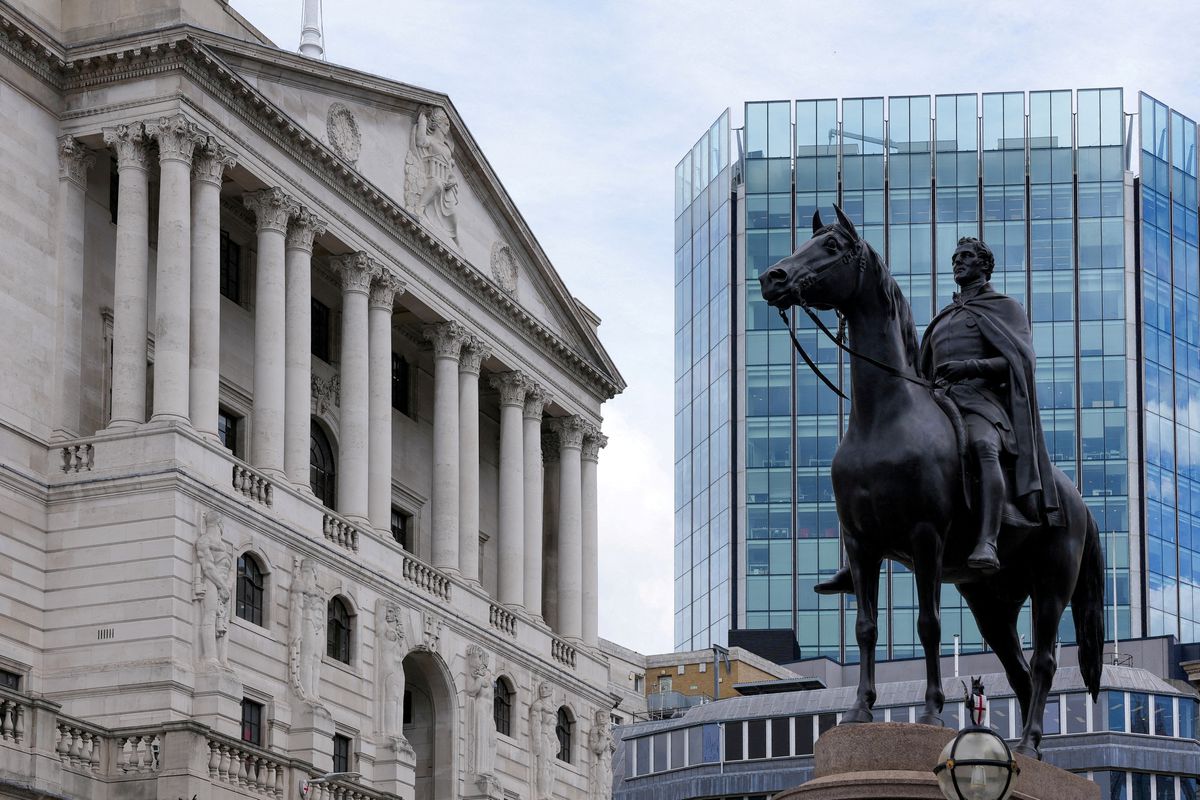Britain’s government bonds, currency and shares rallied on Monday as new finance minister Jeremy Hunt reversed swathes of Prime Minister Liz Truss’s economic growth plan, the latest twist after days of turmoil in UK politics and markets.
Hunt said the tax changes would raise 32 billion pounds ($36 billion) a year in extra revenues as he sought to end the chaos in the bond market that followed the government’s previous plans. He also said the government’s huge energy price cap would only run until April and would be reviewed after that.
Investors said that while Hunt’s changes were welcome they had only returned Britain to its situation in late September, with the country still in a precarious economic state and led by a badly-weakened prime minister.
“Hunt has trod the narrow gap between political imperative and economic imperative, and he’s done so well at this stage. We’d obviously already had a decent (market) reaction at the open, and the fact that we’ve continued to see gilt (yields) fall makes sense,” said James Athey, investment director at abrdn.
“But we don’t think this really takes UK plc completely out of the woods. You’re still talking about an almost inevitable recession which will be accompanied by high inflation. That looks stagflationary, which is a very uncomfortable place to be, so the Bank of England has a lot of work to do,” he added.
UK long-dated gilt yields, which move inversely to prices, held lower after the statement, with the UK 30-year down around 40 basis points to 4.382 per cent and the 20-year down a similar amount at 4.48 per cent.
They were set for some of their biggest daily declines on record, after the strong drop on Sept. 28, when the Bank of England stepped in to stabilise Britain’s bond market in the wake of the turmoil triggered by the mini-budget.
While in historical terms the basis-point fall in yields would represent a huge rally for gilts, on Monday it only put them back to levels seen last week – a reflection of the enormous market volatility recently.
The pound soared by as much as 1.4 per cent to a session high of $1.1332 after the statement. It was last up just under 1 per cent against the dollar and a little less against the euro , broadly where it was just before the announcement.
London’s FTSE-100 (.FTSE) was up 0.5 per cent, and the FTSE-250 (.FTMC) index of domestically focused mid-caps outperformed European peers, up 1 per cent.
WHAT NEXT?
Following Monday’s announcement, investors and traders were starting to turn to the next steps and what they meant for markets. The Institute for Fiscal Studies think tank talked of a budgetary black hole of 62 billion pounds, which would be nearly double the increase in revenue announced by Hunt.
“It’s all back to where we were before Kwarteng and before the mini budget but still uncertain in terms of where we go forward, how long Truss remains in place and what he (Hunt) will unveil when we get the actual budget on the 31st,” said Peter McCallum, rates strategist at Mizuho.
Political uncertainty also remains, with bookmakers’ pricing indicating Truss will no longer be Prime Minister by the end of the year.
This matters for markets globally, as while the pound is roughly back to where it was before the Sept. 23 mini-budget, it remains highly volatile, with moves in sterling and British yields driving other currencies and government bond markets around the world.
Speculators increased their exposure to the pound by a fifth in the latest week – the most in two months, according to data from the Commodity Futures Trading Commission.
All eyes are also on the Bank of England, which is due to meet on Nov. 3. Money markets show there is a 76 per cent chance that the BoE will raise rates by 75 basis points when it meets on Nov. 3, but this is down from closer to 100 basis points just a couple of weeks ago.
“The implication for the Bank of England is that with a tougher fiscal stance monetary policy action can afford to be less aggressive,” said Nomura analysts, who say the Oct. 31 budget could go much further such as by including more tax hikes, reducing departmental spending, making efficiency savings and possibly even real-terms benefit cuts.







Click here to change your cookie preferences